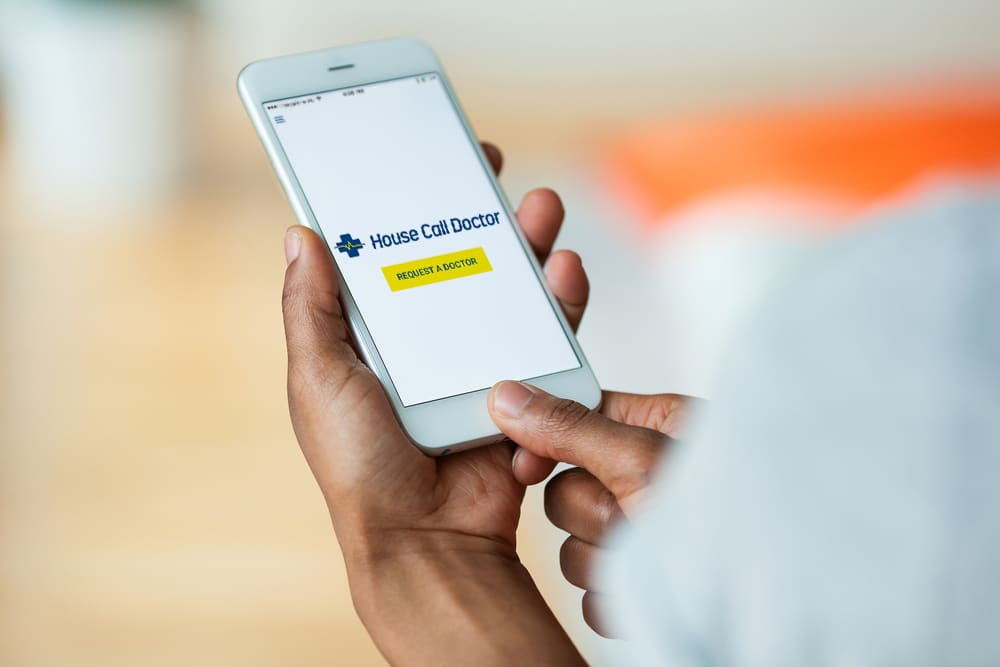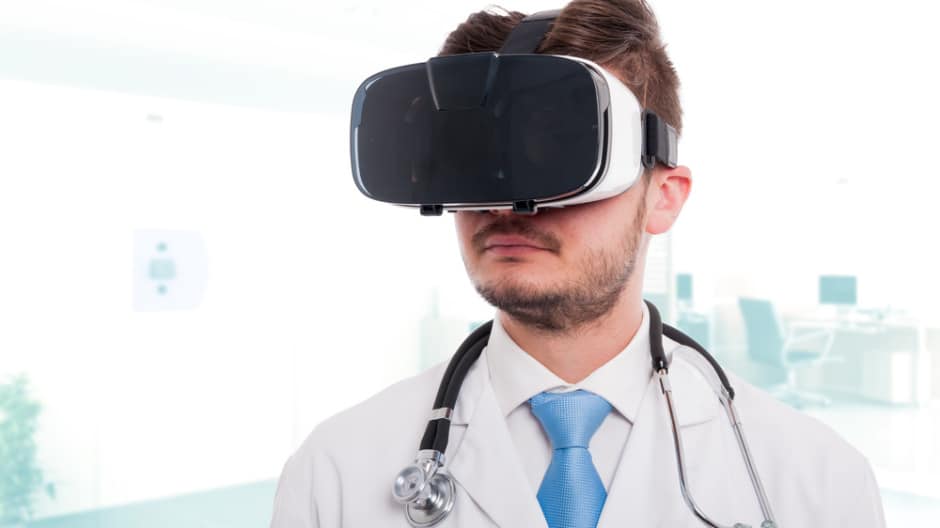While new and innovative technologies are driving change across all industries, there is arguably no area where the velocity of change is as impactful, important, or as exciting as the medical technology field.
As a vital component of the healthcare sector, digitalization continues to transform the medical landscape and play a pivotal role in enhancing patient care. As an experienced business development manager – Greg Orzeck has a history of working in the research industry and believes the following technology-driven trends could potentially evolve or re-invent – the healthcare sector now and in the years ahead.
IMAGE: PIXABAY
Mobile Apps
For several years, mobile healthcare (“mHealth”) apps have been used in areas like patient education, appointment management, tracking patient data, and diagnostics. However, new mHealth technologies are making it possible for drug manufacturers to generate unprecedented insights.
For example, Abilify MyCite, which was approved by the FDA in late 2017, is an aripiprazole tablet that has a tiny ingestible sensor. When the tablet hits a patient’s stomach lining, a small chime goes out to a smartphone application so that patients can track ingestion in real-time. They can also give their doctor and caregivers permission to access the data through a web-based portal.
Ultimately, patients – especially those who are relatively younger and more technically inclined, love mHealth apps. Companies are barely scratching the surface of what’s possible in the world of patient education, data analytics and telemedicine.
Virtual Reality (VR)
When most people think of VR, they imagine immersive and spectacular entertainment and gaming experiences. However, VR technologies are unleashing transformative change across the healthcare landscape in areas such as diagnostics, reducing chronic pain, restoring low vision, enhancing senior care, training medical students, calming and relaxing anxious patients, and more.
VR also gives hospitals, health networks, practice groups, and individual healthcare professionals such as GPs and dentists the opportunity to create original, engaging, and branded content for their respective patient populations. This helps spark and strengthen relationships and closes the gap between providers and patients.
Artificial Intelligence
According to research by Accenture, the artificial intelligence health market is projected to reach $6.6 billion by 2021. And by 2026, artificial intelligence-based systems, apps and tools could generate up to $150 billion in annual health care savings in the U.S. alone.
Greg Orzeck notes that whether the application is robot-assisted surgery, streamlining administrative workflows, identifying clinical trial participants — and the list goes on — the promise and potential of artificial intelligence in the medical world is immense, and extremely exciting.
Technology in the 21st century is improving the quality of care for all patients in the modern world. Over the last 20 years, we’ve seen a remarkable leap in what technology is enabling medical professionals to accomplish.
Greg Orzeck believes that the industry still has a long way to go before medical technology overcomes some major privacy, security, and compatibility obstacles, however it is a safe bet that technology will continue to be a massive part of the healthcare story for decades to come.
If you are interested in even more technology-related articles and information from us here at Bit Rebels, then we have a lot to choose from.


COMMENTS